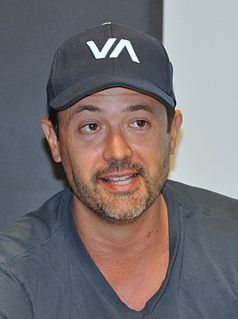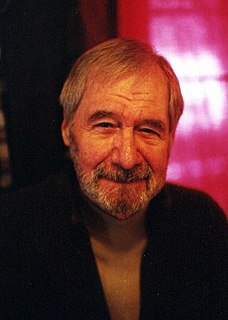A Quote by Umberto Eco
I think of myself as a serious professor who, during the weekend, writes novels.
Related Quotes
I don't know why one author writes westerns while another writes detective novels. You don't know why. You go where the intensity is. I feel most comfortable writing about monsters. It's possible that I feel like a monster myself. Or maybe it's because we all have a monster inside of us, a vampire, a ghost, a witch or a werewolf. You do it because it works and it feels really right and authentic.
One writes not to be read but to breathe...one writes to think, to pray, to analyze. One writes to clear one's mind, to dissipate one's fears, to face one's doubts, to look at one's mistakes--in order to retrieve them. One writes to capture and crystallize one's joy, but also to disperse one's gloom. Like prayer--you go to it in sorrow more than joy, for help, a road back to 'grace'.
When I was at the University of California at Berkeley, I went to some classes that must have had more than four hundred students in them. I almost always sat in the far back of the auditorium so I could read the newspaper. I remember that I stayed late one day to ask the professor a question, and when I got up to him, all I could think to myself was, 'So this is what the professor looks like.
The idea of the writer who writes nineteen novels, with various ups and downs and levels of experimentation, isn't around so much now. There's a focus, I think, on fewer books, with more pressure on each book to succeed. With that there comes, I think, a certain pressure towards shapeliness in fiction. Towards neatness. And I think writers feel that, and it can effect how they write.





































